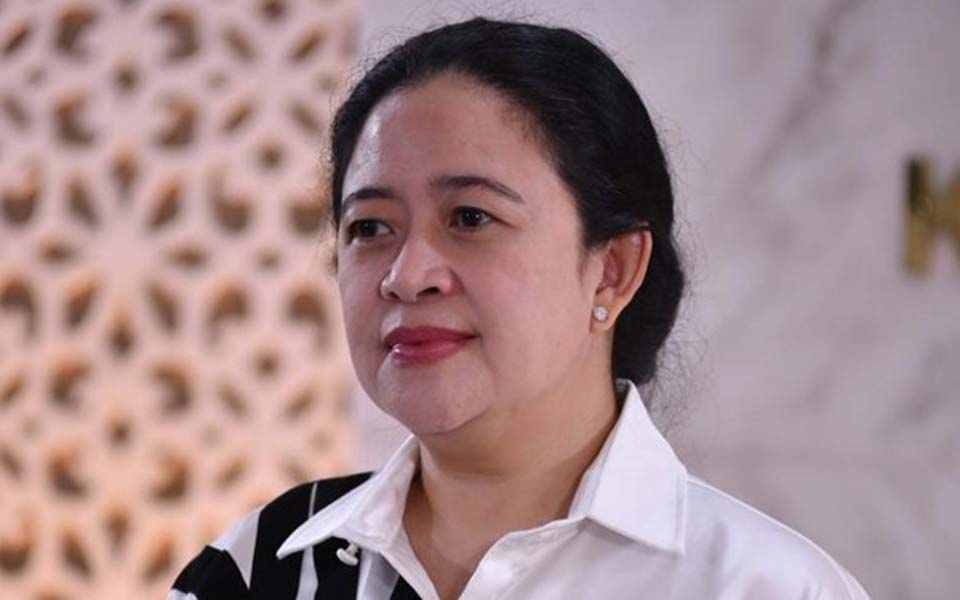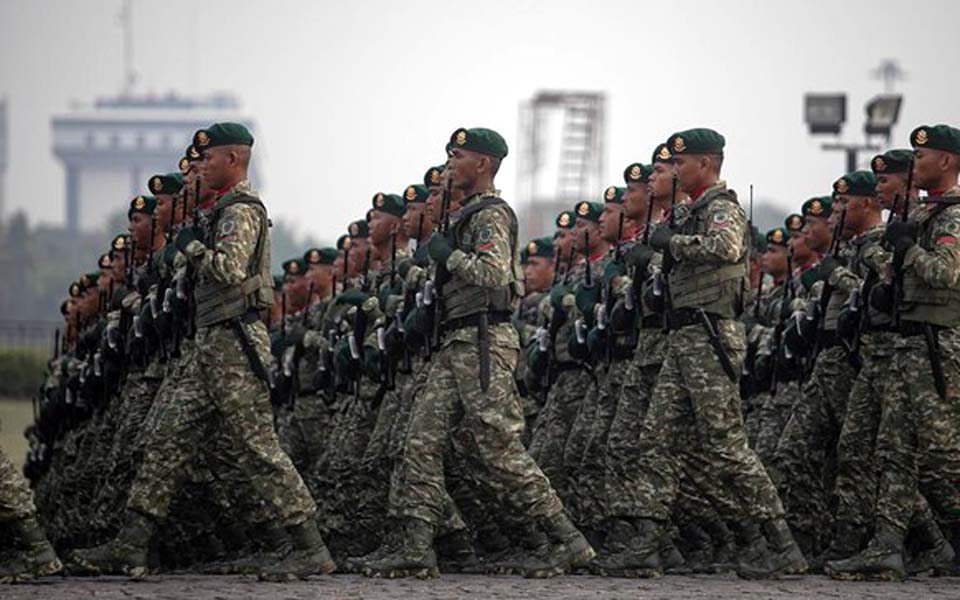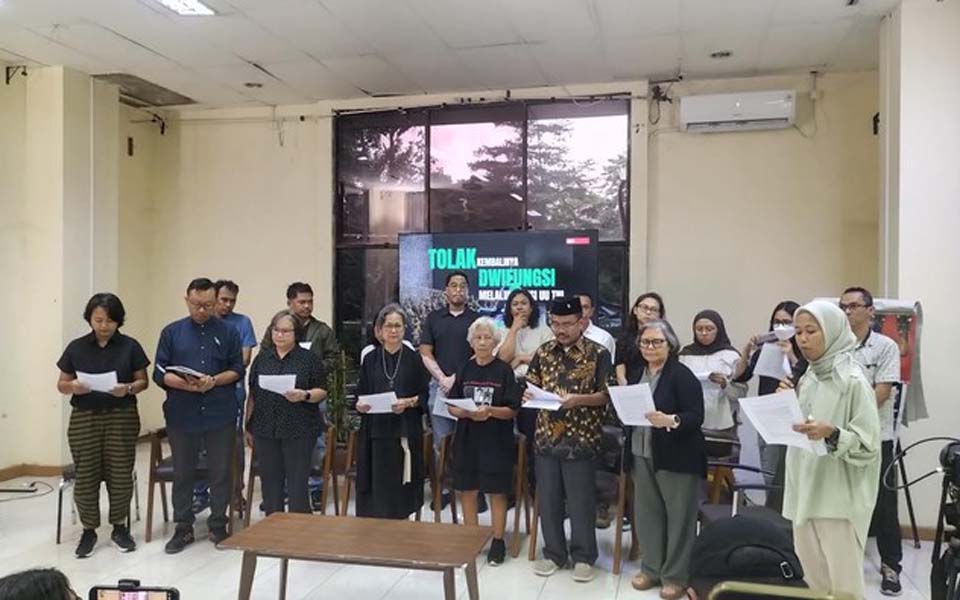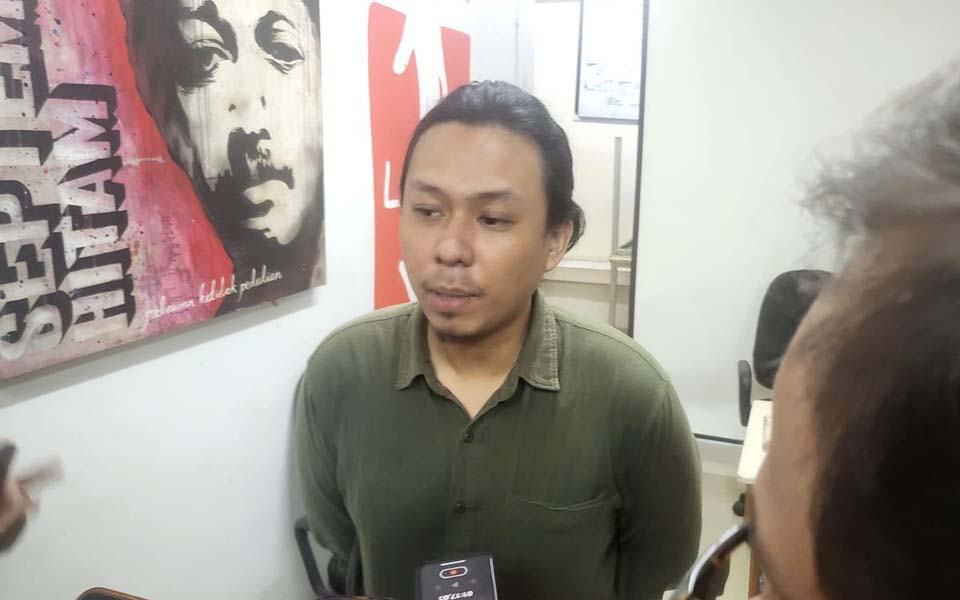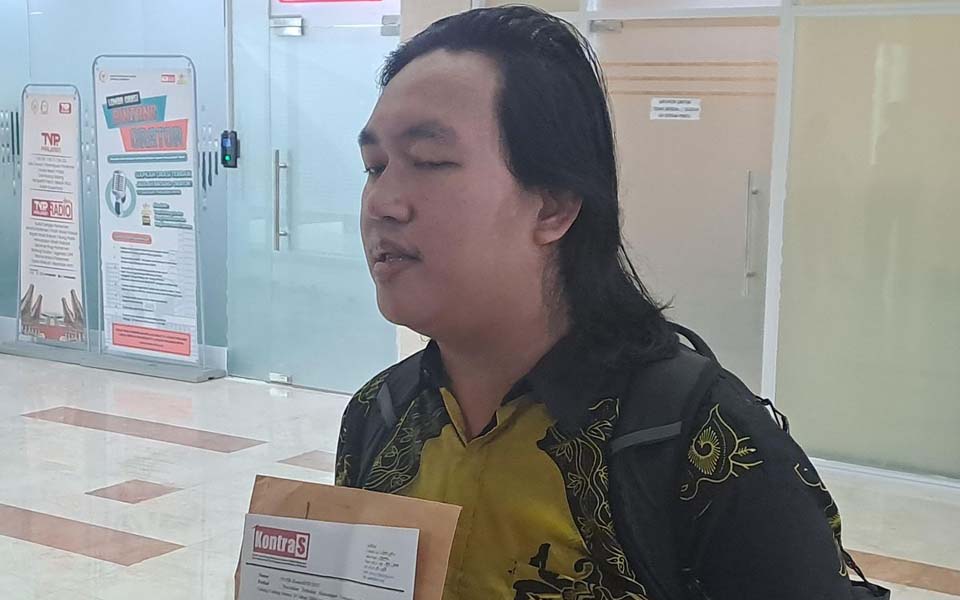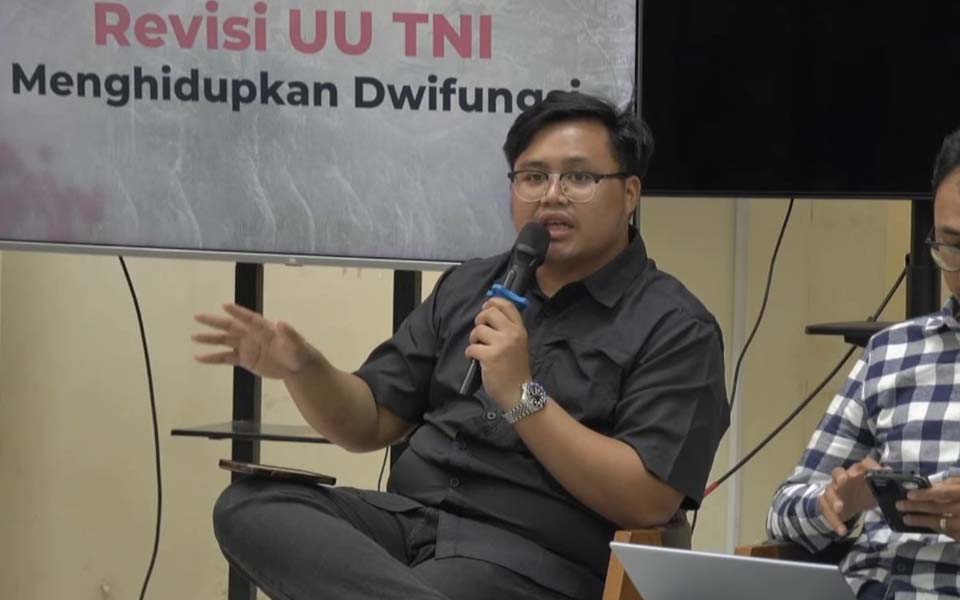Aryo Putranto Saptohutomo, Jakarta – A fourth attempt at revising Law Number 24/2003 on the Constitutional Court (MK) is seen as showing the desire on the part of those in power and legislators who want to strengthen their grip on the institution, so that their interests are not disturbed.
"I see the dismissal of [Constitutional Court Chief Justice] Judge Aswanto, the evaluation of Constitutional Court judges and so forth, including what is now being formalised through revisions to the Constitutional Court Law, as reinforcing, confirming that the president and the DPR [House of Representatives] are gaining control of the Constitutional Court, and as a consequence the Constitutional Court no longer defends the constitution but defends those in power", said constitutional law expert Denny Indrayana when contacted by Kompas.com on Friday February 17.
Indrayana also believes that the fourth revision to the Constitutional Court law is simply to accommodate the interests of those in power.
"I see the various revisions to the MK Law in recent times, particularly this latest one, as further distancing the MK from the principles of independence and judicial authority, as well as providing constitutional justice and upholding the rule of law", said Indrayana.
Earlier it was reported that the government and the DPR had agreed to again revise the Constitutional Court Law. Under the plan, the Constitutional Court Law will be revised for a fourth time, after last being revised in 2020.
Meanwhile the four points that are the focus of the revisions to the law are requirements on the minimum age limit of constitutional judges, the evaluation of constitutional judges, points on the membership of the Constitutional Court Honorary Council, and the elimination of the transitional provisions on the terms in office of the chief justice and deputy chief justice of the Constitutional Court.
According to the DPR Commission III member Habiburokhman, there are a number of grounds underlying these revisions to the law.
They are, said Habiburokhman, because there are a number of regulations that have been annulled by the Constitutional Court such as Decree Number 96/PUU-XVII/2020 on judicial reviews on the terms in office of Constitutional Court judges, as well as Constitutional Court Decree 56/PUU-XX/2022 on judicial reviews of judicial authority as regulated by the Constitutional Court Law.
According to Habiburokhman, the stipulations that currently exist under the Constitutional Court Law are not in accordance with legal developments and the administration of the state.
"To bring them in to line with the legal needs of society and the administration of the state", said Habiburokhman.
Meanwhile, according to Commission III Chairperson Bambang Wuryanto alias Bambang Pacul, the revisions to the Constitutional Court Law are intended so that the Constitutional Court truly upholds the law. He touched on the issue of the Constitutional Court's duty in safeguarding the constitution.
"How to interpret the 1945 Constitution (UUD 1945) is clear. Because actually the principle and most important duty of the MK is to juxtapose laws with the UUD 1945", said Wuryanto at the parliamentary complex in Senayan, Jakarta, on Wednesday February 15.
According to Wuryanto, this duty is not being fully implemented by the Constitutional Court. He also accuses the court of frequently annulling legislation produced by the DPR.
He even says that there are Constitutional Court judges that he thinks are not carrying out their duties. Therefore revisions to the Constitutional Court Law are needed, one of which is re-discussing the composition of the court's judges.
"Evaluating the judges that are not carrying out their duties. Now, their duties under the MK regulation, now we can all read them, so we're clear that in making the law there won't be a judicial review, it's embarrassing, the DPR is embarrassed, when a law is subject to a judicial review and then annulled", said Wuryanto.
The chairperson of the ruling Indonesian Democratic Party of Struggle's (PDI-P) election campaign body (Bappilu) then cited a number of laws produced by the DPR that have been annulled by the Constitutional Court. One of which is the Omnibus Law on Job Creation or Ciptaker.
"The Ciptaker Law, how could it be cancelled by the Law on the Formation of Laws and Regulations, don't let that be the solution", said Wuryanto.
[Translated by James Balowski. The original title of the article was "Revisi UU MK Dinilai Hanya untuk Lindungi Kepentingan Penguasa dan DPR".]






